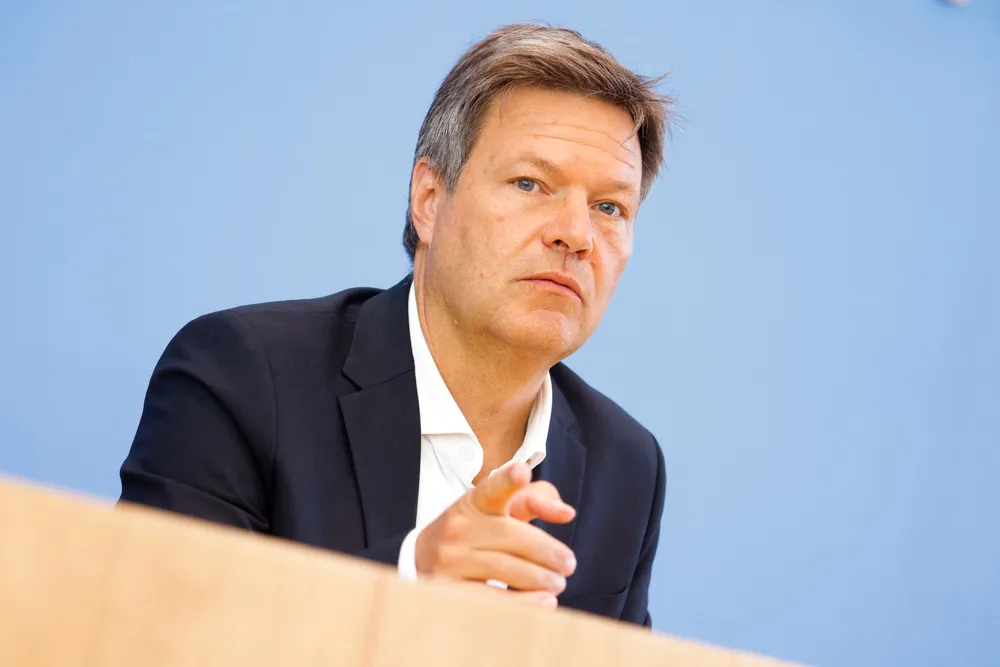German priority shifts to stability as Russian gas squeeze stirs up politics in the region
Germany to temporarily fire up coal power plants to avert new price shock for consumers

Germany to temporarily fire up coal power plants to avert new price shock for consumers
